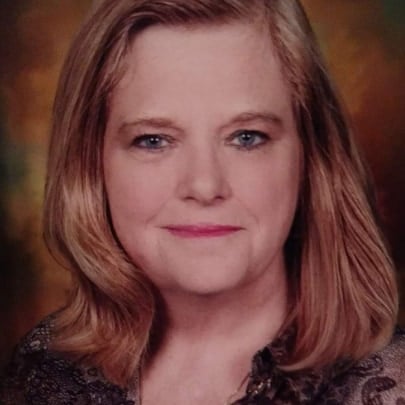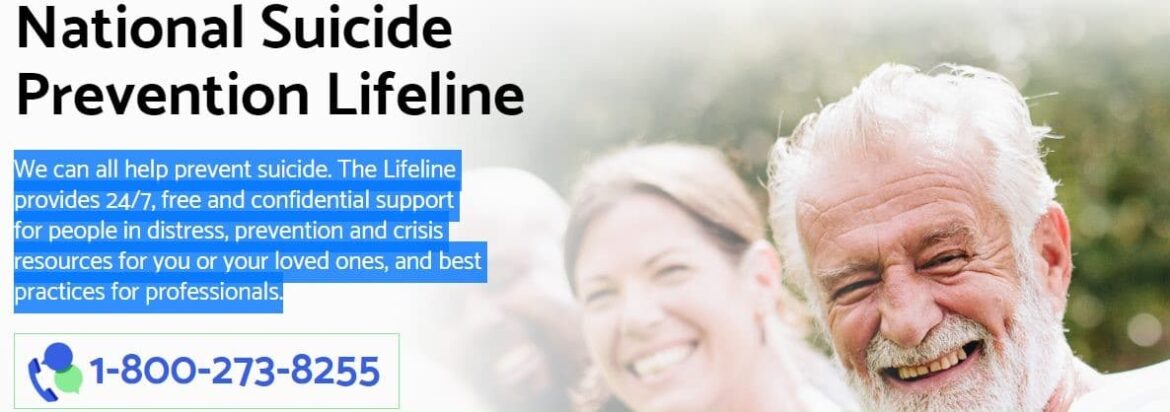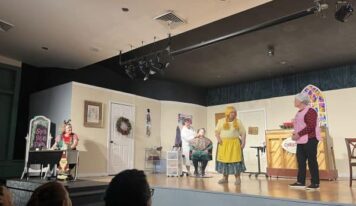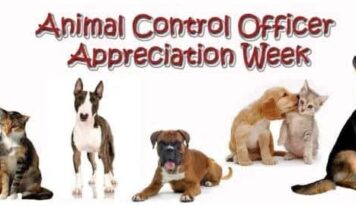By Gerri Miller

Staff Writer, Elmore/Autauga News
At the height of a lunchtime crowd last week, a room full of people saw a stranger kill himself in Prattville. Some may have been chatting on their cell phones, others ordering, serving, or eating food.
If not for the quick action of some highly trained Prattville police officers, the situation could have been a lot worse.
Although there might not have been a physical attack on the witnesses in the room, there was definitely an emotional attack. A suicide can be dangerous to those closest to the victim, leaving family and friends vulnerable to depression and self-harm. And although the trauma is greater for friends and family members left behind, trauma can also come to complete strangers.
When the act is committed in public, observers are left to deal with it too. While studies on witnessing strangers’ suicide are scarce, a small body of research—alongside a larger body of anecdotes—has begun to show that the experience can be damaging, even traumatic. Survivors may live through the attack over and over because of Post-Traumatic Stress Disorder (PTSD) or other mental health issues.
I know this to be true because I am a survivor. The setting was the same – a crowded restaurant. A stranger sitting in a booth by himself. The only difference was that I was there, and the stranger pointed the gun at my then two-year-old daughter before turning it on himself.
I remember strange little details from that day. A purple dress that I would never wear again because my husband said it made me stand out in a crowd. A lone tennis shoe. A discarded bag full of food. I vaguely remember running to the business next door. However, I couldn’t remember the man’s face. I couldn’t tell you what he was wearing. I used to throw up if I tried to remember his features.
There were no trained police officers in that restaurant those many years ago when it happened to my family. No thin blue line standing between my family and the attacker.
Police Chief Mark Thompson has even offered the department’s help for those who witnessed Tuesday’s violence. If you were in Cindy’s Café Tuesday, please take his offer. Nobody ever made me that type of offer and I didn’t realize that I would need it. The nightmares, the terror I felt in crowded places – it was all very painful and didn’t ease up for a long time.
Suicide is the eleventh leading cause of death in Alabama. It surpasses homicide and it knows no boundaries. It can affect any age group, ethnicity, or race. It has nothing to do with your income or education. Suicide can become a tragedy for anyone.
When one witnesses such a tragedy, the event can create yet another victim. While not everyone who witnesses a suicide will develop PTSD, some will. According to in the National Association for Biotechnology Information, witnessing a traumatic event but not directly experiencing it can be quite psychologically damaging. In North America alone, 30% of individuals who witness a traumatic event develop PTSD.
Counseling can be the key to surviving such an attack and the distress that may follow for weeks, months or years.
If you were in the restaurant Tuesday and witnessed the tragedy with your eyes, your ears or both, take the Chief’s offer or make an appointment with a licensed therapist or psychologist. I wish I had talked to someone.
If you are a family member or loved one of someone who witnessed the suicide, do not marginalize his or her experience by downplaying the ordeal. He or she has witnessed a terrifying sight that can lead to PTSD, anxiety disorders, or chronic depression. Instead validate the experience and make it clear that it’s okay to have feelings of shock, confusions, sadness and even anger. Be willing to listen and open to the fact that there are different forms of grief.
Sometimes listening is all you can do.
If you are considering suicide, please reach out to family, friends or call the National Suicide Prevention Hotline at 1-800-273-8255. We can all help prevent suicide. The Lifeline provides 24/7, free and confidential support for people in distress, prevention and crisis resources for you or your loved ones, and best practices for professionals.






